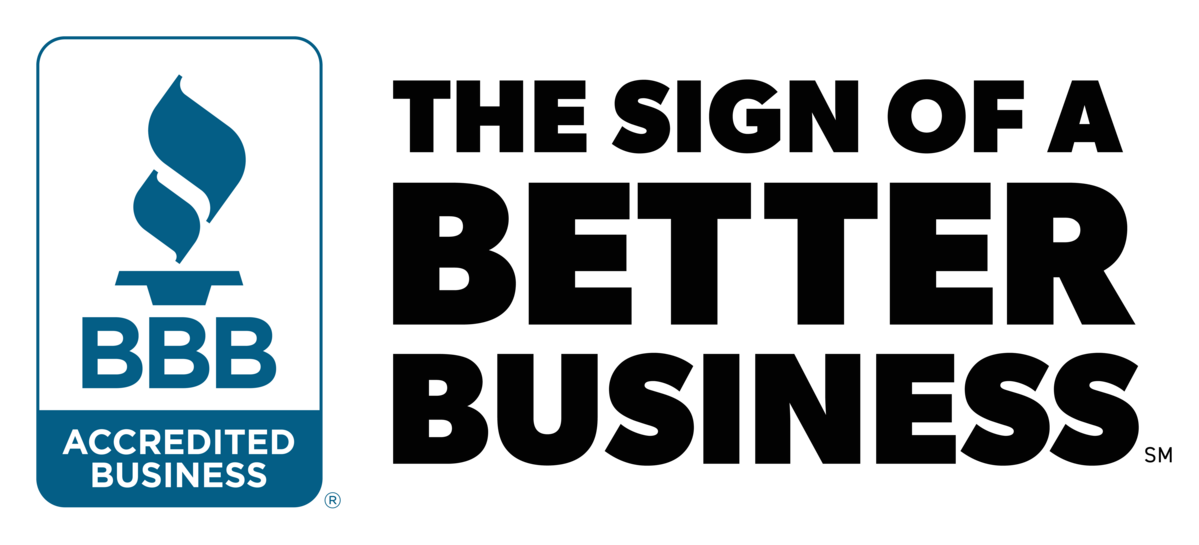Debt collection scams can be one of the most frightening and persistent scam types. Victims often report that scammers harass them or their family members for weeks or even months, both at home and at work, trying to get them to pay a debt they don’t even owe. BBB receives numerous reports of con artists changing tactics just to get the information necessary to collect information or cash.
Here’s how the scam works:
The scammer calls or texts and says that they work for a loan company, law firm or government agency, and claims to be collecting an overdue payment for you or a family member. After replying that you or your family member don’t owe money, the “debt collector” starts threatening to file a lawsuit, have wages garnished, request an arrest warrant, or arrange for a court appearance thousands of miles from home. All of these claims are nerve-wracking, leaving the person answering the phone not even sure they owe money in the first place.
One consumer reported their experience with a debt collection scam to BBB Scam Tracker: "Family member was contacted being told that this company was looking for me to deliver papers to me. I contacted the company and was told that a loan from [company name redacted] had been taken out in my name back in Nov. 2012. I had no clue about this loan but was told that I was going to be served with papers and have a class three felony on my record if convicted of defrauding a bank institution if I didn't settle the matter today." This consumer reported losing $1,489.
If you receive a phone call like this, the first thing to do is to stay calm. Despite these threats, these "debt collectors" don't have any legal power. In most cases, the alleged overdue loan doesn't even exist. Don't give in and pay the money you don't owe, otherwise, they'll call back for more.
The "good cop" version:
An unsolicited call comes through from a debt collection agency. The caller claims there is an unpaid debt from long ago that is about to go to court. The person speaking is polite at first and appears to have your best interests at heart. They seem like they sincerely want to help avoid the court date. To fix the situation, all you need to do is make a reasonable payment, perhaps even divided up into several installments.
No matter how kind the caller seems, don’t fall for it. If you make the payment, the person you spoke to on the phone will take the money and disappear. Any future efforts to contact them will be in vain.
How to spot and avoid similar scams:
Ask the debt collector to provide an official "validation notice" of the debt. In the U.S. and most of Canada, debt collectors are required by law to provide this information in writing. The notice must include the amount of the debt, the name of the creditor, and a statement of your rights. If the self-proclaimed collector won't provide the information, hang up.
Ask for proof of the debt and of the agency calling. If you do owe money and aren’t sure if the caller is real, ask for their name, company, street address, and telephone number. Do not provide any bank account, credit card, or other personally identifiable information over the phone. If the collector is legitimate, they should have details on the accounts in question.
Just hang up. If you don’t have any outstanding loans, hang up. Don’t press any numbers or speak to an “agent.”
Never provide payment to someone you don't know. If you're being urgently asked to provide payment over the phone to someone you don't know, hang up. Scammers often ask for payment through wire transfer, prepaid gift cards, or digital wallet apps.
Reach out to any institutions you're loaning from to verify the information. If you currently have loans taken out and aren't sure if the caller is real, call the banks or loan companies on your own and verify if what the caller states is true. Look up their customer service phone numbers on your own, and never use a phone number that a potential scammer is using or provides you with.
Check your credit report. In the US, check with one of the three national credit reporting companies (Equifax, TransUnion, Experian). In Canada, check with Equifax Canada. This will help determine if there are outstanding debts or if there is suspicious activity.
Place a fraud alert on your credit report. If the scammer has personal information, place a fraud alert with the three national credit reporting companies.
To report a scam, go to BBB’s Scam Tracker at www.bbb.org/scamtracker.


